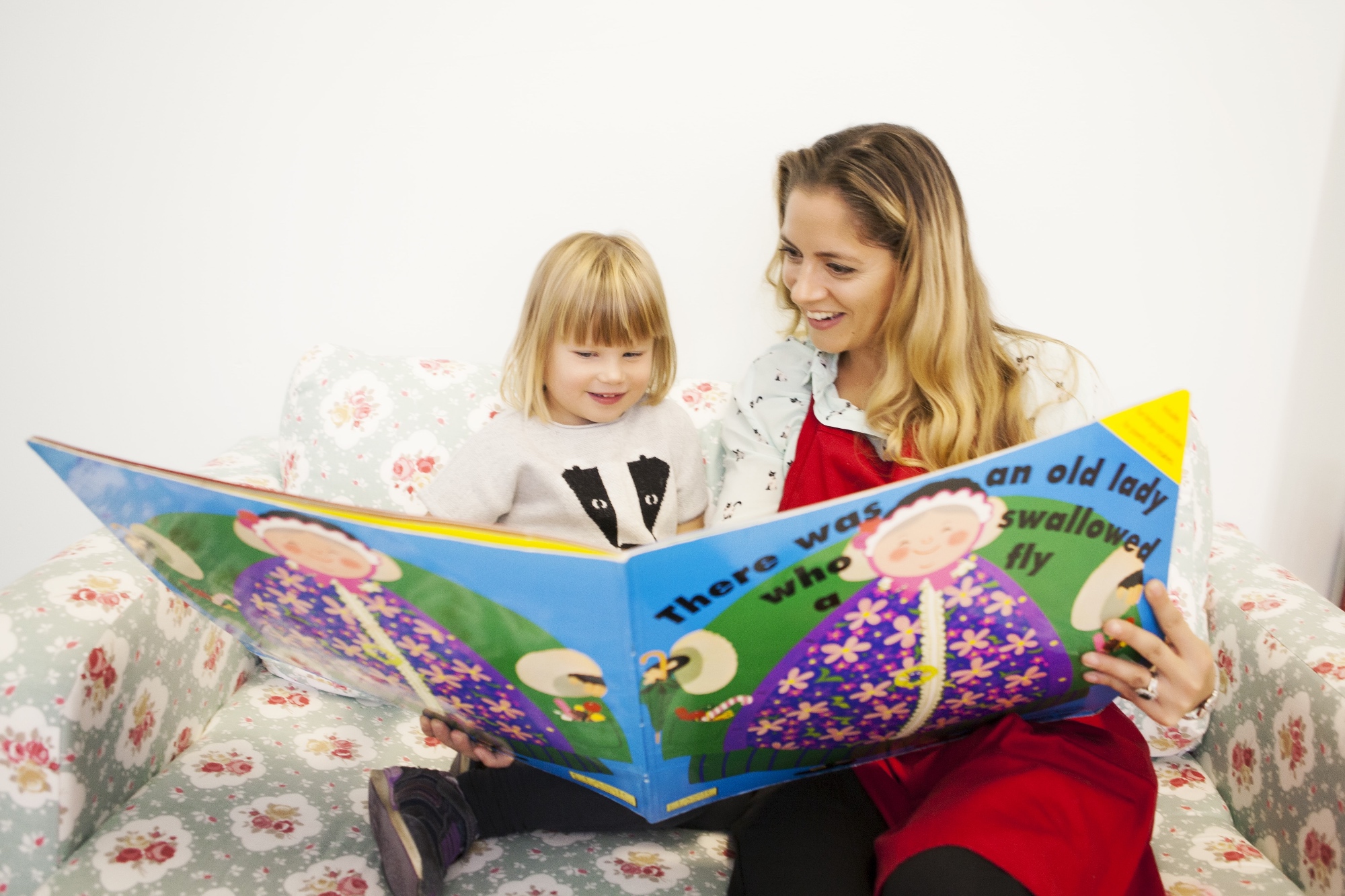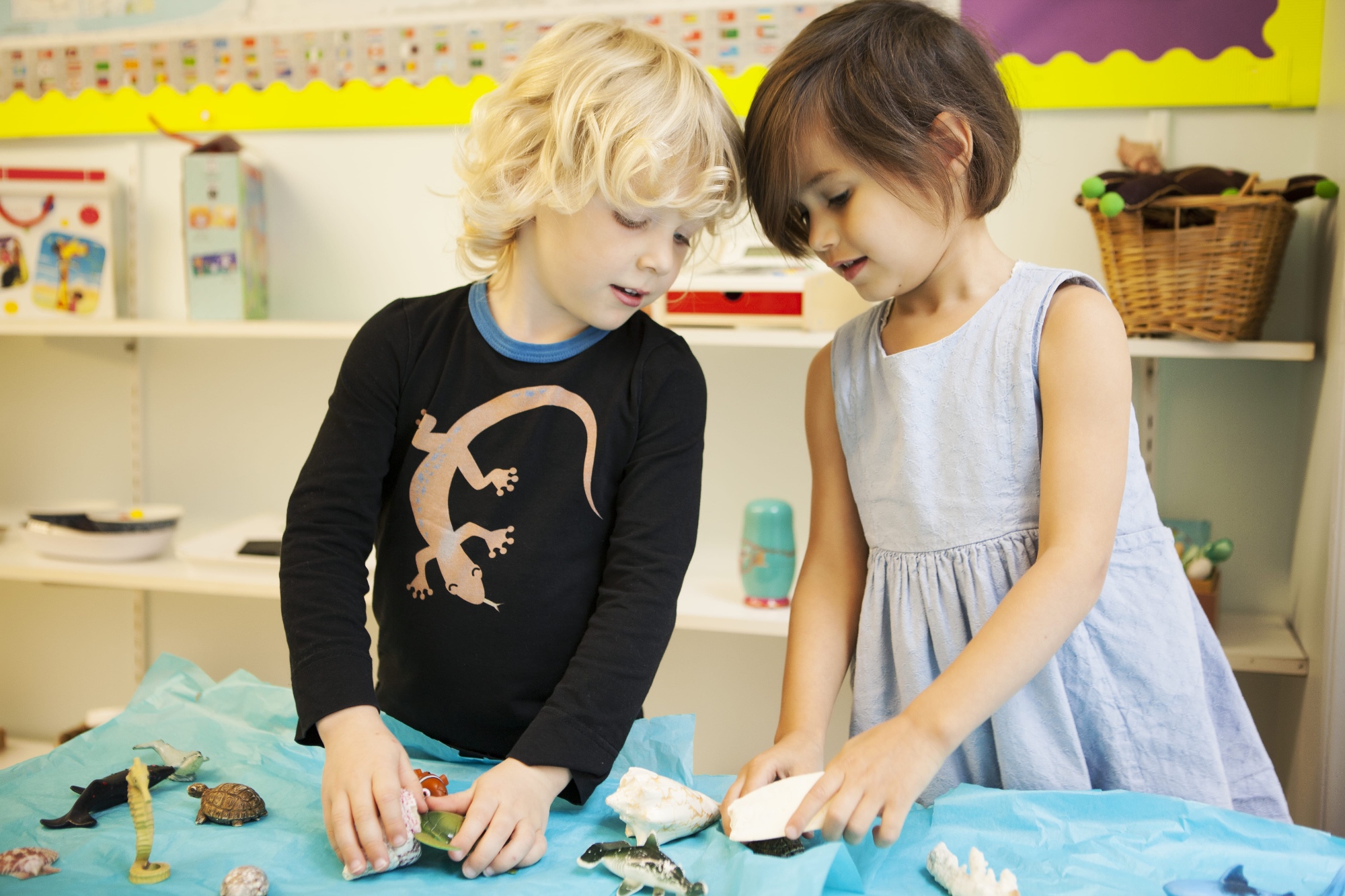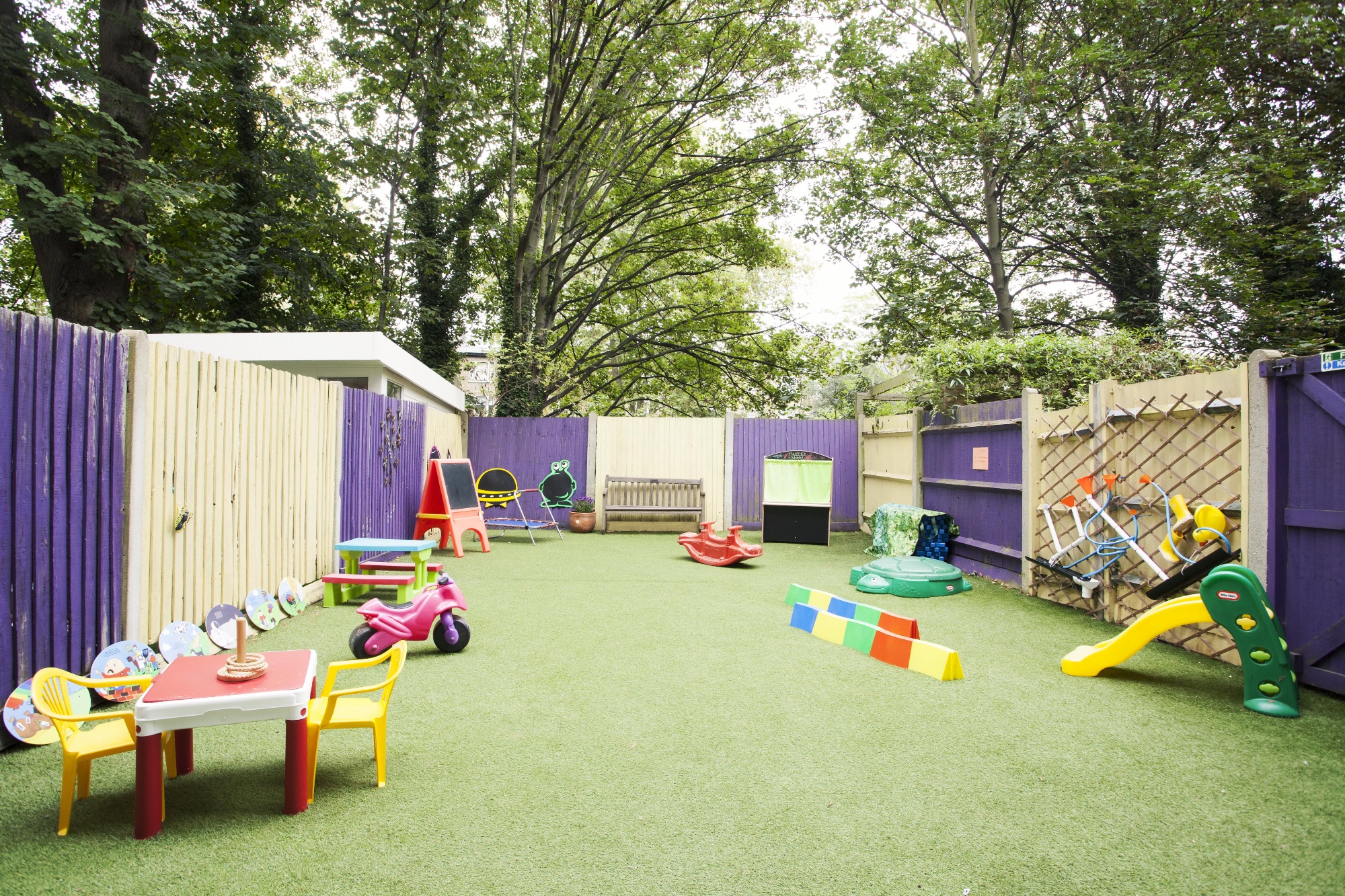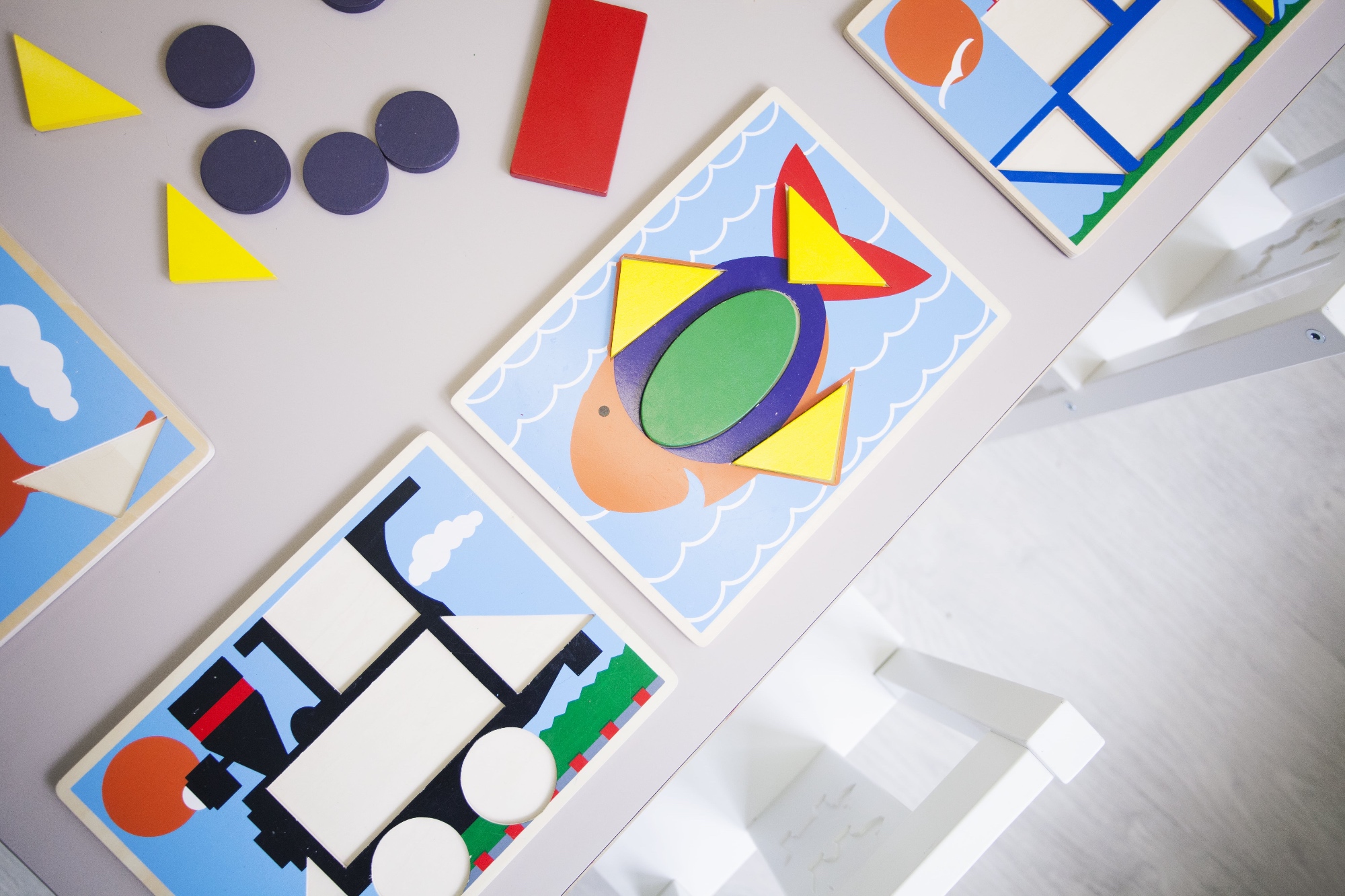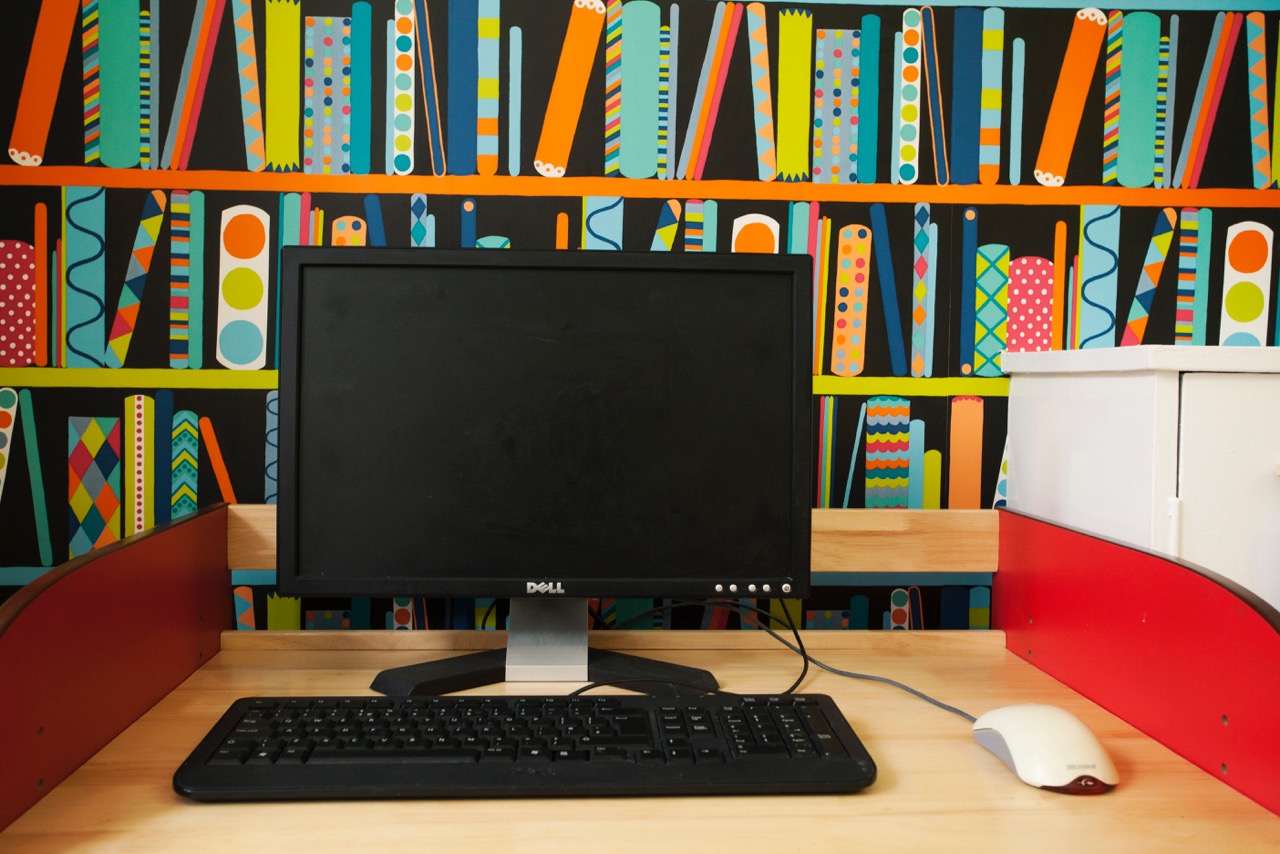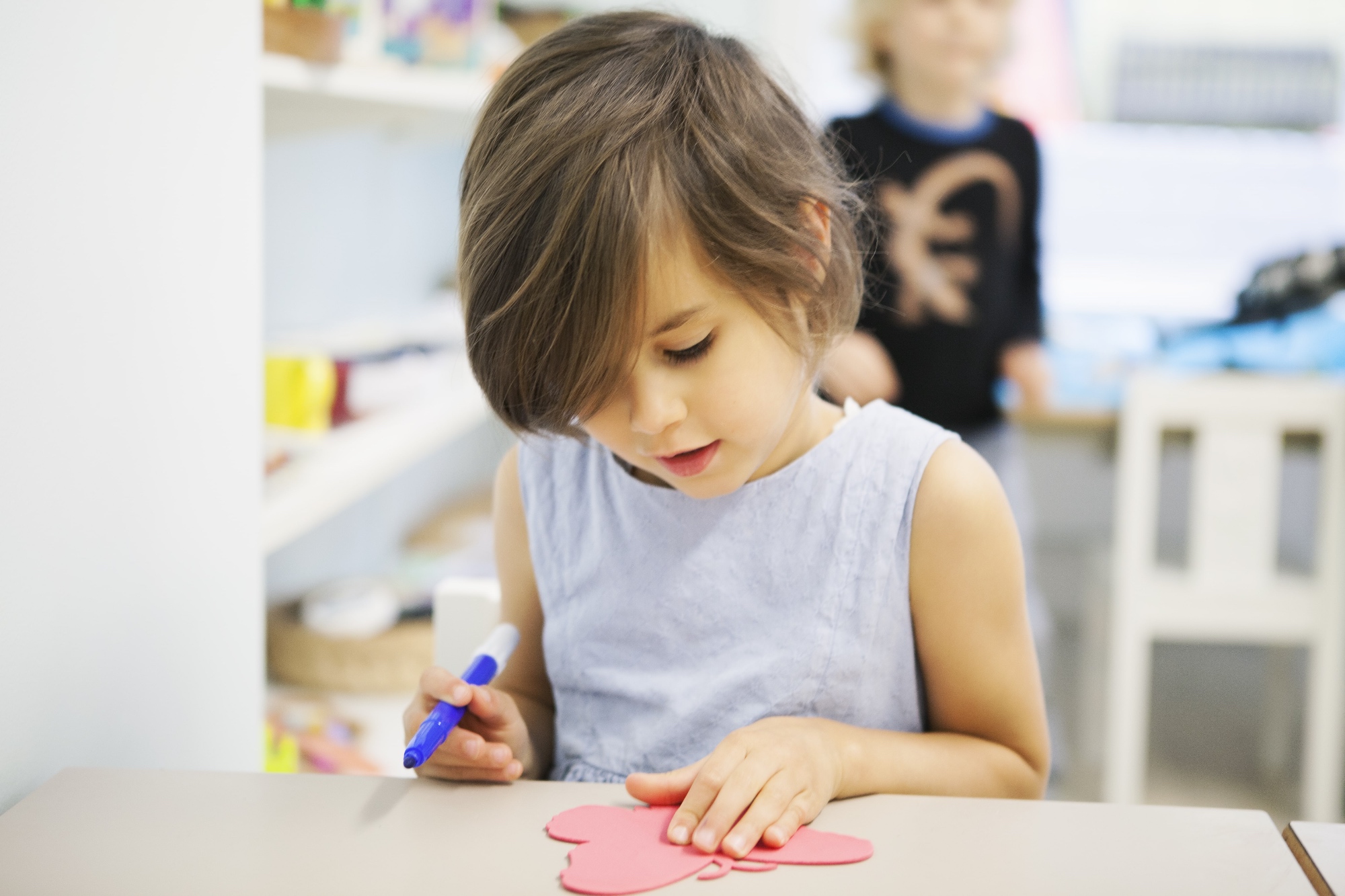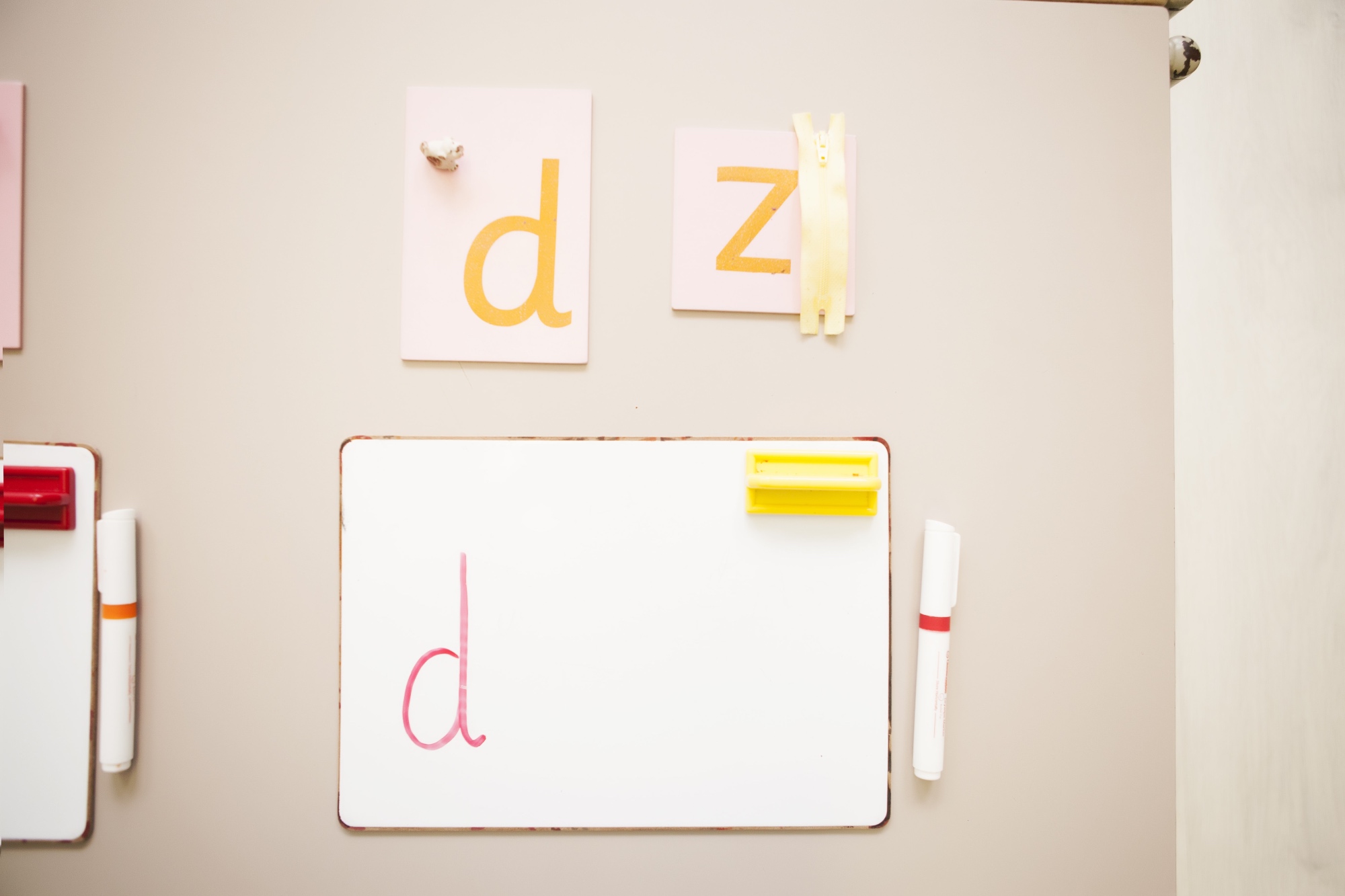Curriculum
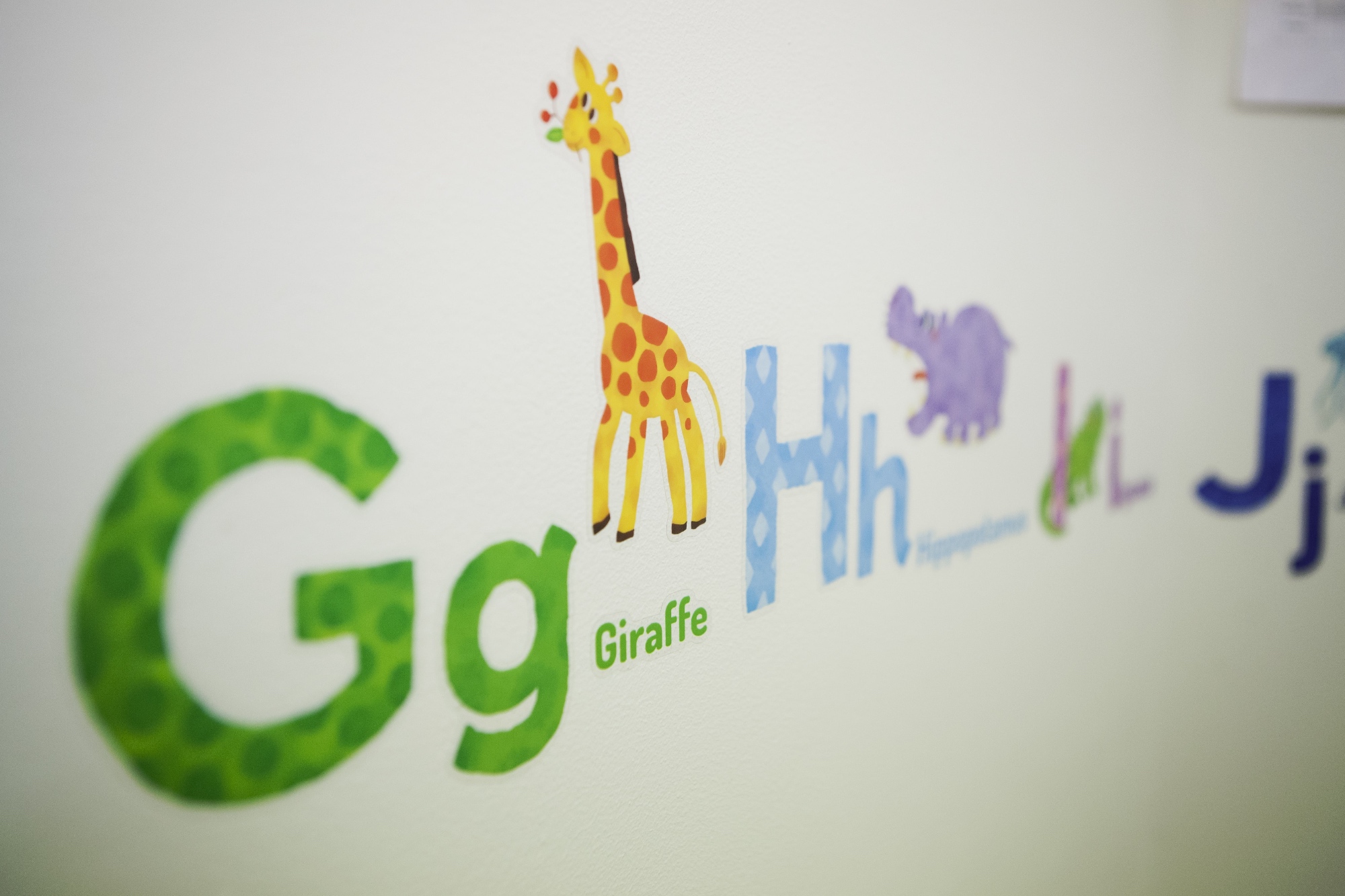
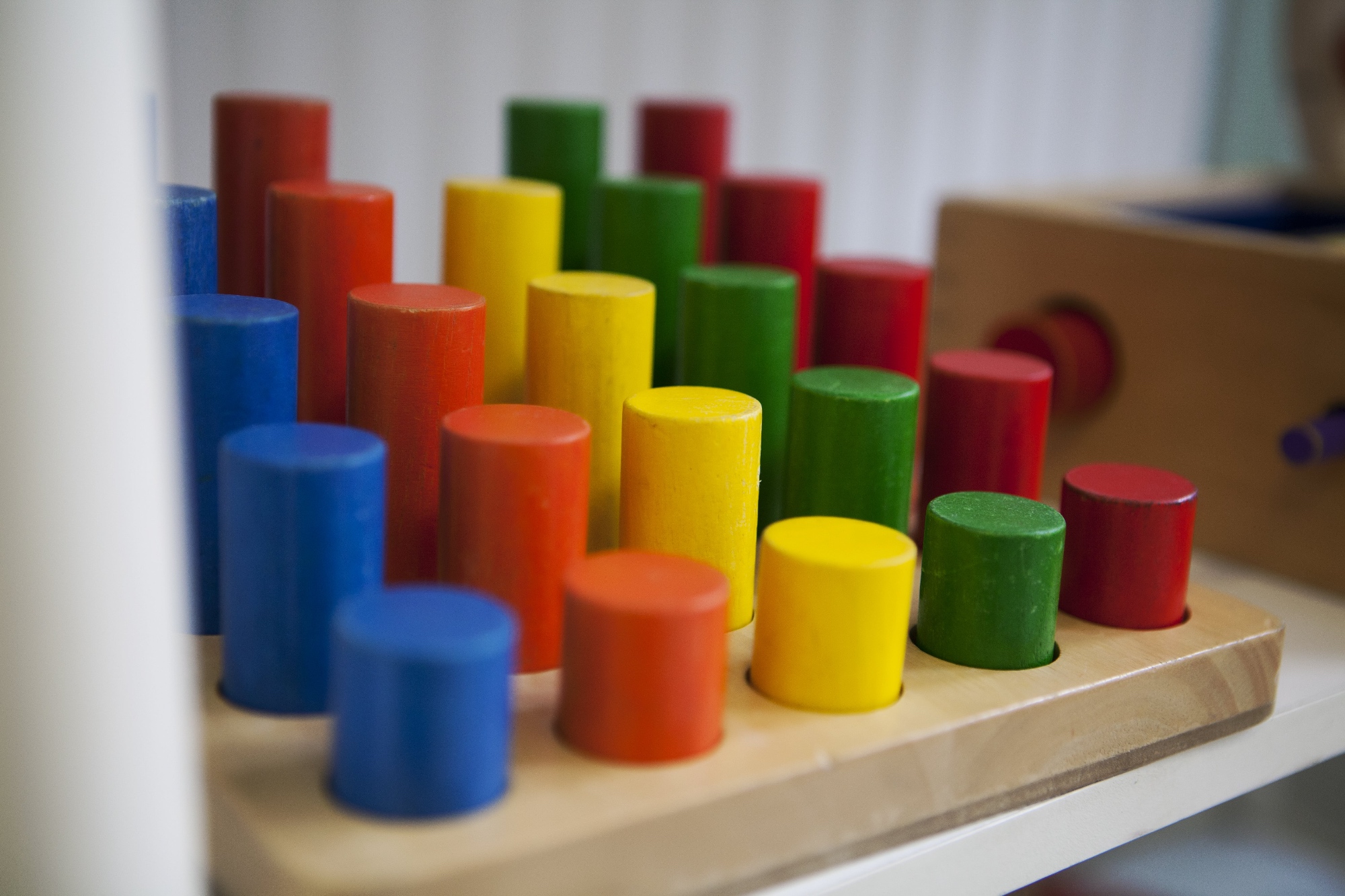
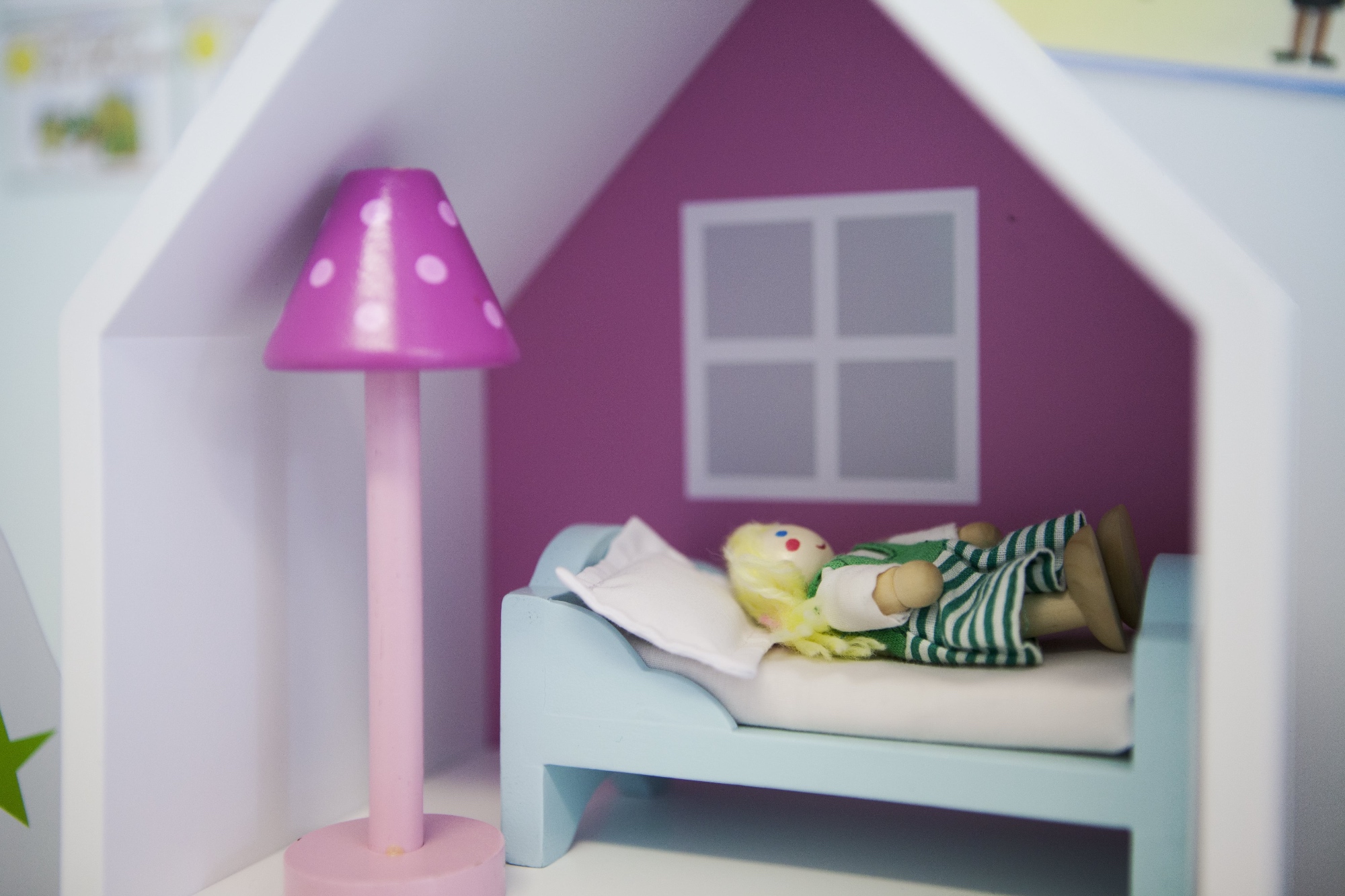
A Blended Approach
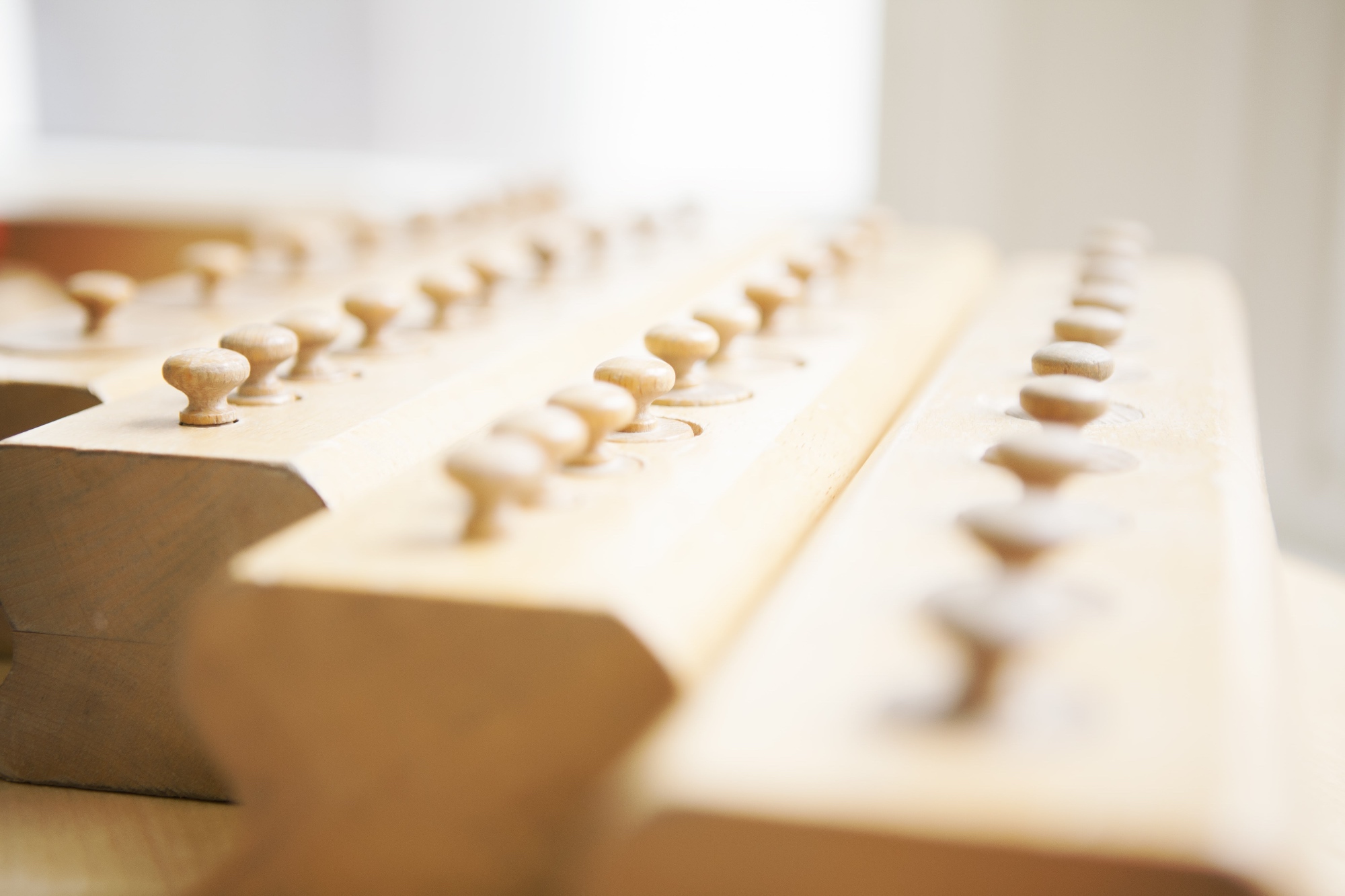 At Bo-Peep Brook Green we work hard to create a natural blend of approaches led by theEarly Years Foundation Stage Curriculum (EYFS) or National Curriculum.
At Bo-Peep Brook Green we work hard to create a natural blend of approaches led by theEarly Years Foundation Stage Curriculum (EYFS) or National Curriculum.
The activities on our child-sized shelves are 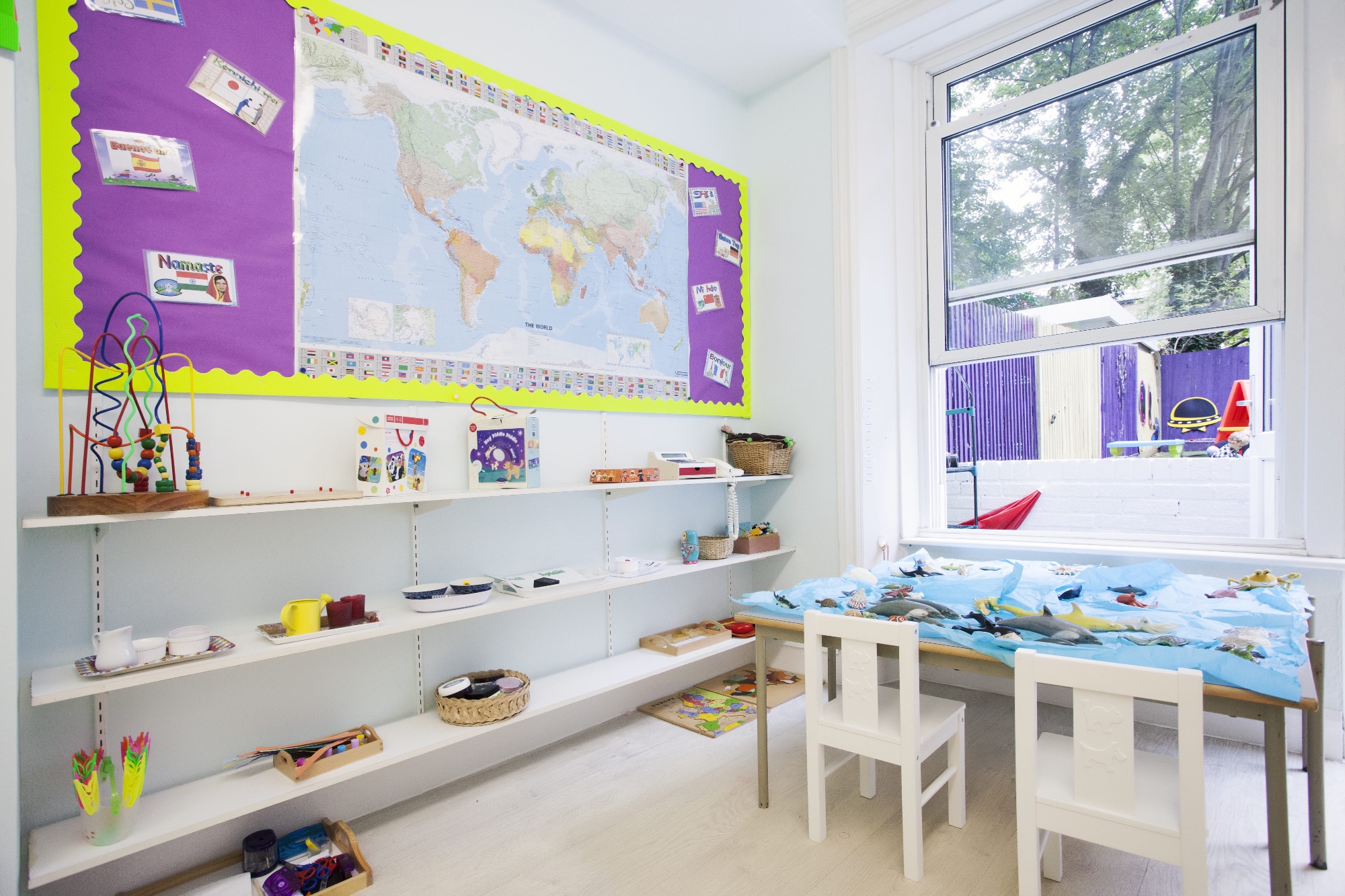 designed to cultivate practical life skills, sensorial, literacy, mathematics and creative thinking.
designed to cultivate practical life skills, sensorial, literacy, mathematics and creative thinking.
These enhance and prepare your child for the future. For instance, developing skills such as enabling the link from hearing letter or number sounds to recognising its corresponding symbol, learning about the world, refinement of physical movement and co-ordination, pencil grip, order, classification of numbers and to relate mass, shape, size, dimensions and colour.
A significant focus is dedicated to developing the children's physical, social and emotional areas. We use our extensive range of specialist subjects and clubs to promote these areas, while these activities also contribute significantly to each child's language and communication, stoking curiosity and creativity. Specifically, children are encouraged to participate in Lunch Club so that they can enjoy a collective meal with their classmates – we view Lunch Club as central to our curriculum. The social nature of Lunch Club enables all children and staff to sit together and share a meal. Each day, a ‘Helper of the Day’ is chosen to help cut fruit/vegetables and pour water or milk.
The Helper of the Day also takes responsibility for a child-led ‘risk-assessment’ of familiar toys, Doll House or the garden. Our practitioners formalise this with the use of a clipboard and a large, laminated risk assessment that can be ticked, or crossed. This really helps create a sense of responsibility and ownership that the children can use to then develop other physical, social or emotional areas of learning.
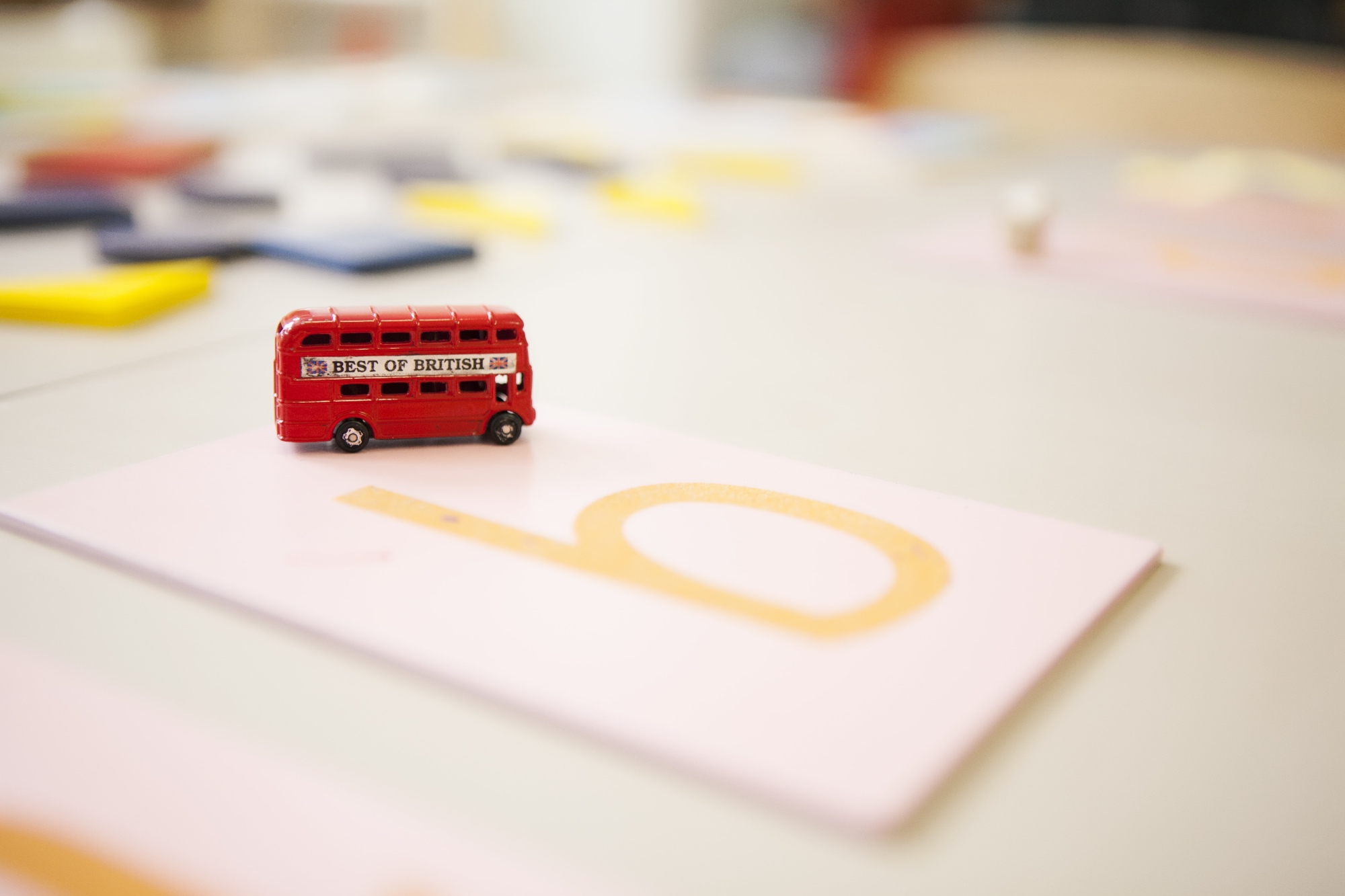
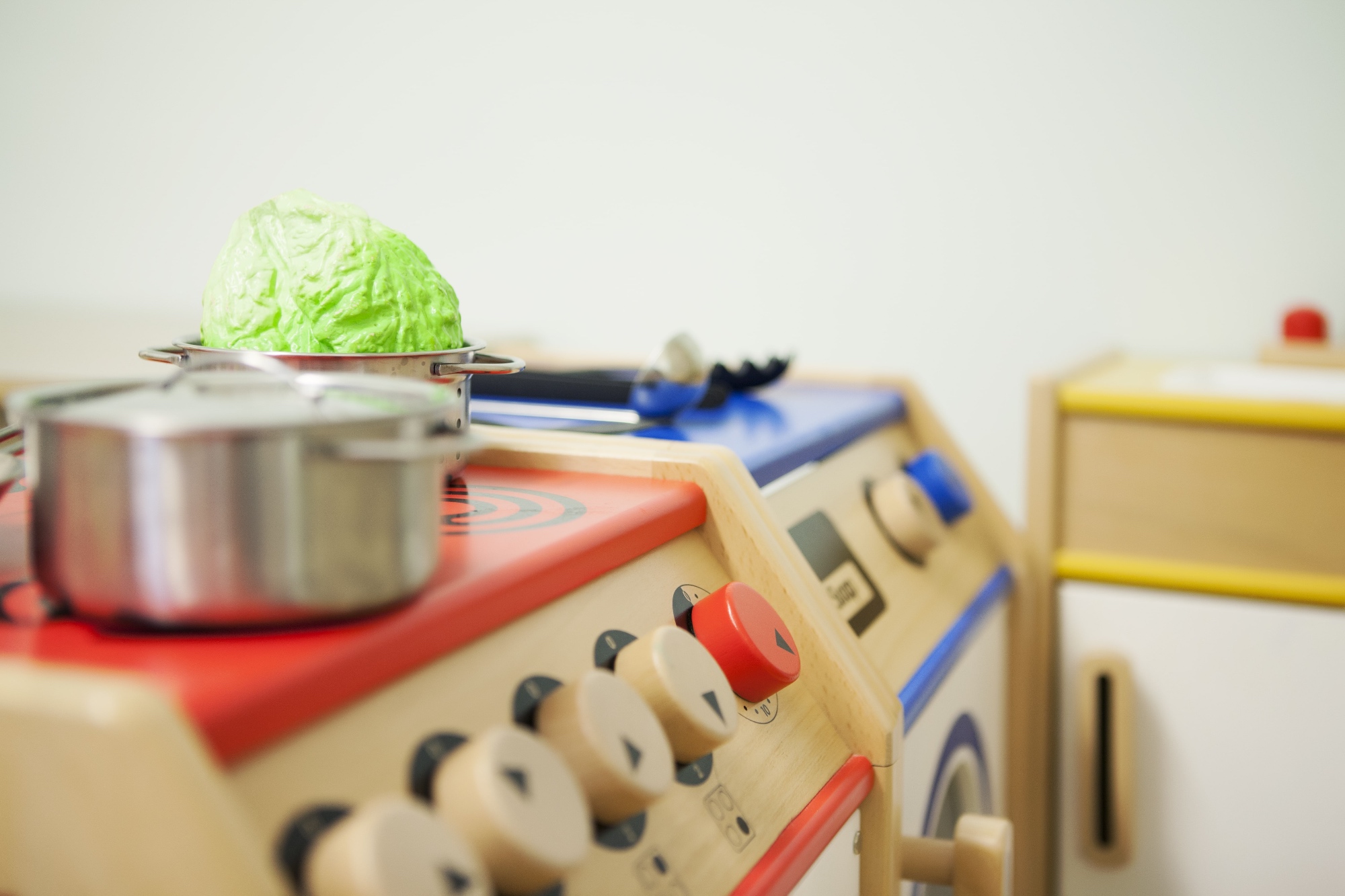
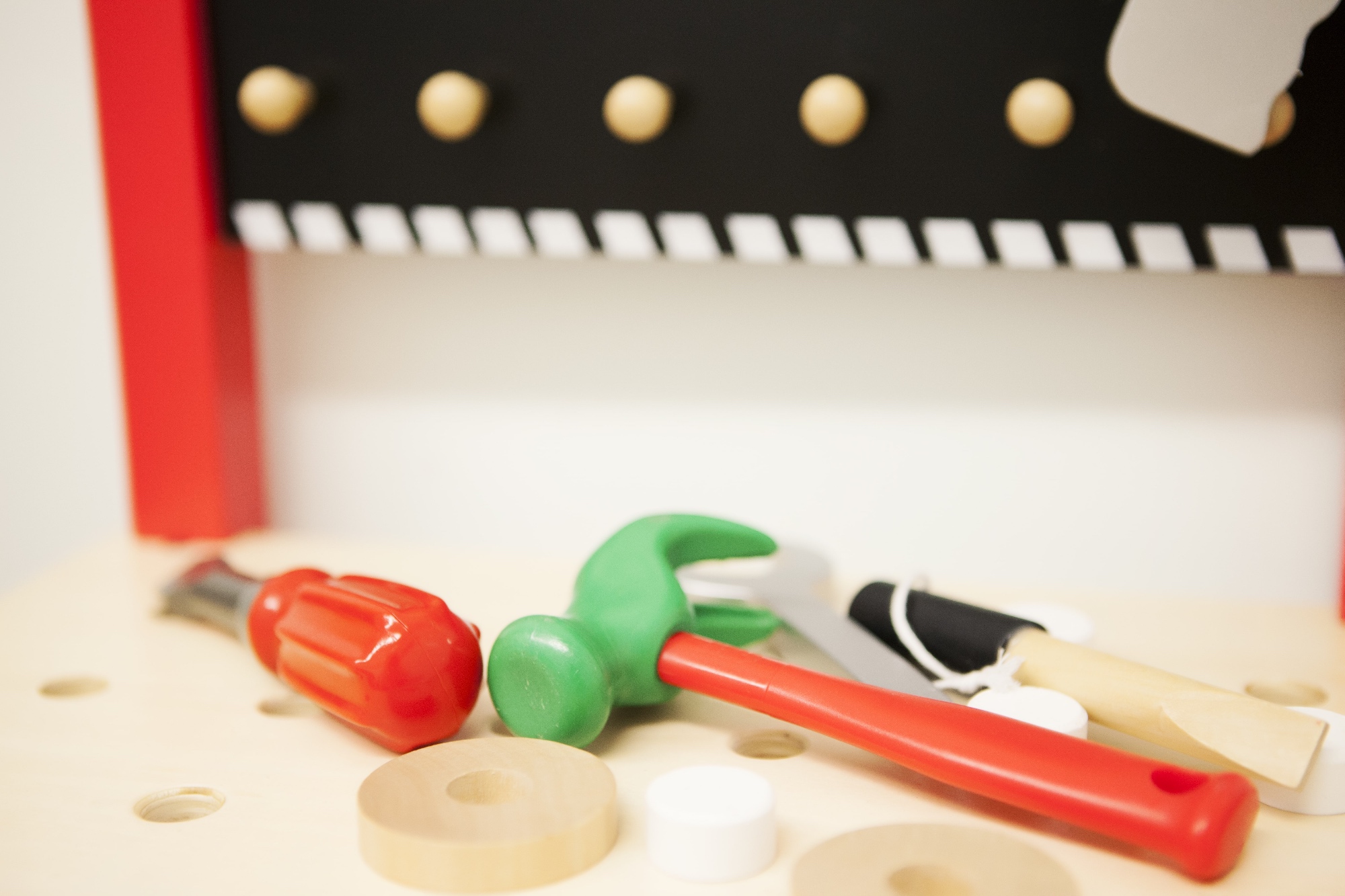
Other conventional materials, toys, games and books are also included in the environment to enable diversity and variety and to meet the individual needs of all children.
Our curriculum is underpinned by our consistent and ethos driven appetite for reinvestment to equip our practitioners with best-in-class materials and resources to deliver an exceptional academic and pastoral curriculum.
An example of recent upgrades to the resources provided to the practitioners is the introduction of a soft reading corner and a large doll house, where children can role-play and explore their imagination.
A large part of our curriculum incorporates our garden space, which, for West London, is a larger than average area dedicated to children's learning and development. An example of this is our introduction of a Gardening Club - which is led by our very own horticulturalist, Miss Alena. Brand-new gardening equipment including planters, bulbs, soil and children-friendly tools were all procured as a part of this new launch in Spring 2024.


